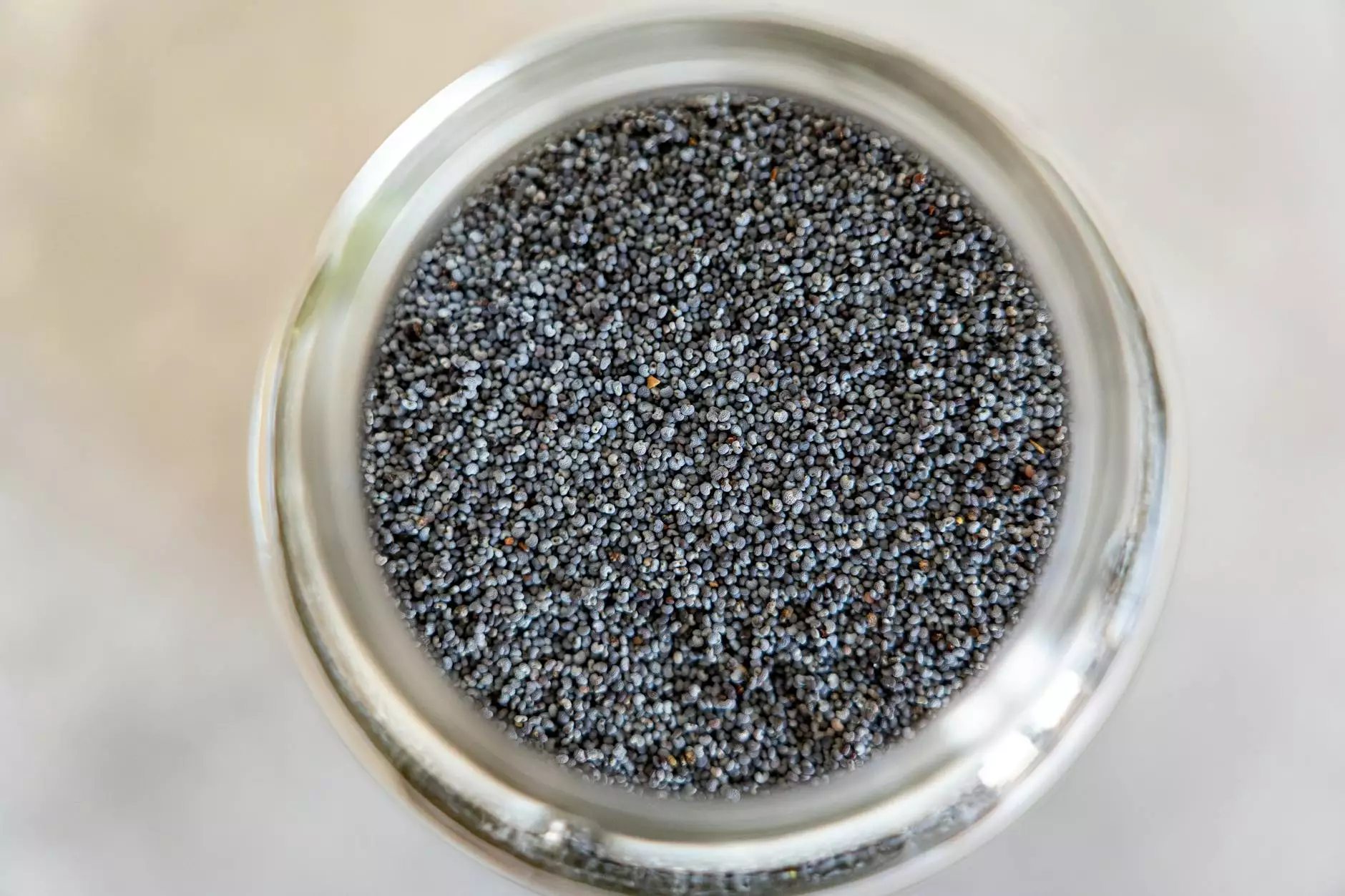Role of Fiber in Digestion and Weight Management

Welcome to Greenstem Clinic! We are here to guide you on the significant role that fiber plays in digestion and weight management.
The Importance of Fiber
Fiber is an essential nutrient that offers numerous benefits to our overall health. When it comes to digestion and weight management, fiber plays a crucial role in promoting optimal functioning and balance within our bodies.
Digestion and Fiber
Fiber acts as a mighty ally in maintaining a healthy digestive system. It adds bulk to our stool, making it easier to pass through the intestines. This helps prevent constipation and promotes regular bowel movements. Additionally, fiber can help alleviate symptoms of digestive disorders such as irritable bowel syndrome (IBS) and diverticular disease.
Furthermore, fiber assists in the prevention of gastrointestinal conditions, including hemorrhoids and colorectal cancer. It helps cleanse the colon by removing toxins and waste, reducing the time harmful substances spend in contact with the intestinal walls.
Fiber and Weight Management
Incorporating fiber into your diet can also benefit weight management efforts. High-fiber foods are generally more filling, which can reduce overall calorie intake and promote a healthy weight. Fiber-rich foods tend to have a lower energy density, meaning you can consume larger volumes without consuming excessive calories.
Fiber also slows down the digestion and absorption of carbohydrates, preventing blood sugar spikes and promoting stable energy levels. This helps control cravings and hunger, making it easier to stick to a balanced diet and maintain a healthy weight.
Incorporating Fiber into Your Diet
Now that we understand the indispensable role of fiber in digestion and weight management, let's explore some ways to incorporate fiber into your diet:
1. Choose Whole Grains
Opt for whole grain options such as whole wheat bread, brown rice, quinoa, and oats. These are rich in fiber and contain valuable nutrients that are stripped away during the refining process.
2. Load Up on Fruits and Vegetables
Fruits and vegetables are natural sources of fiber. Aim to include a variety of colorful produce in your meals and snacks. Berries, broccoli, avocados, and leafy greens are especially high in fiber.
3. Legumes and Pulses
Beans, lentils, chickpeas, and other legumes are excellent sources of fiber and protein. They can be incorporated into soups, stews, salads, or enjoyed as a side dish.
4. Snack on Nuts and Seeds
Almonds, chia seeds, flaxseeds, and other nuts and seeds provide a healthy dose of fiber and essential fatty acids. Sprinkle them on yogurt, add them to smoothies, or simply enjoy them as a quick and nutritious snack.
5. Choose Fiber Supplements
If increasing your fiber intake through diet alone is challenging, consider discussing fiber supplements with a healthcare professional. They can recommend suitable options and guide you on proper usage.
Conclusion
In conclusion, fiber plays a vital role in maintaining proper digestion and supporting weight management. At Greenstem Clinic, we understand the significance of fiber and its impact on overall well-being. By incorporating fiber-rich foods into your diet, you can promote a healthy digestive system, prevent gastrointestinal conditions, and aid in weight management. Take proactive steps toward a healthier lifestyle by embracing the power of fiber today!









